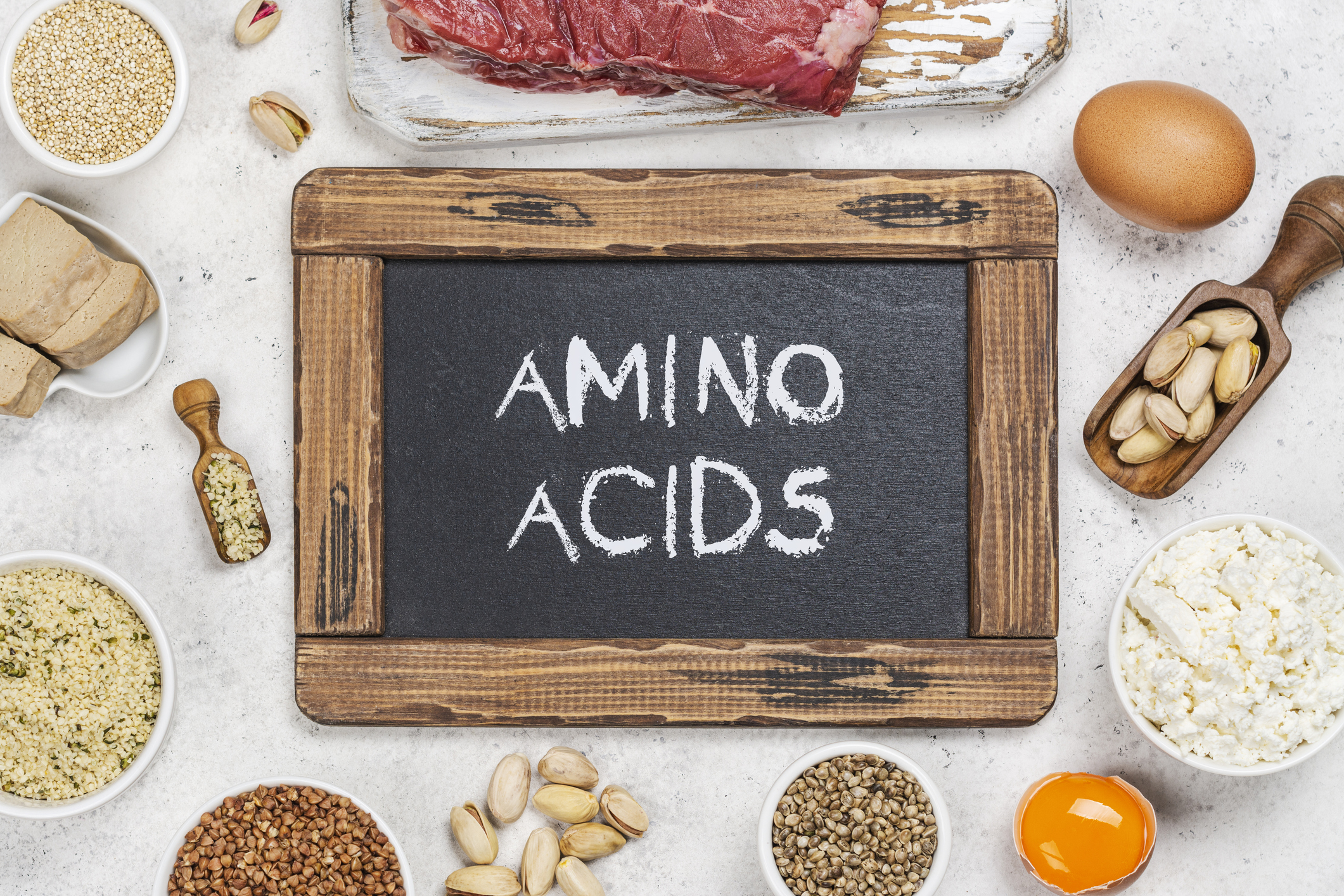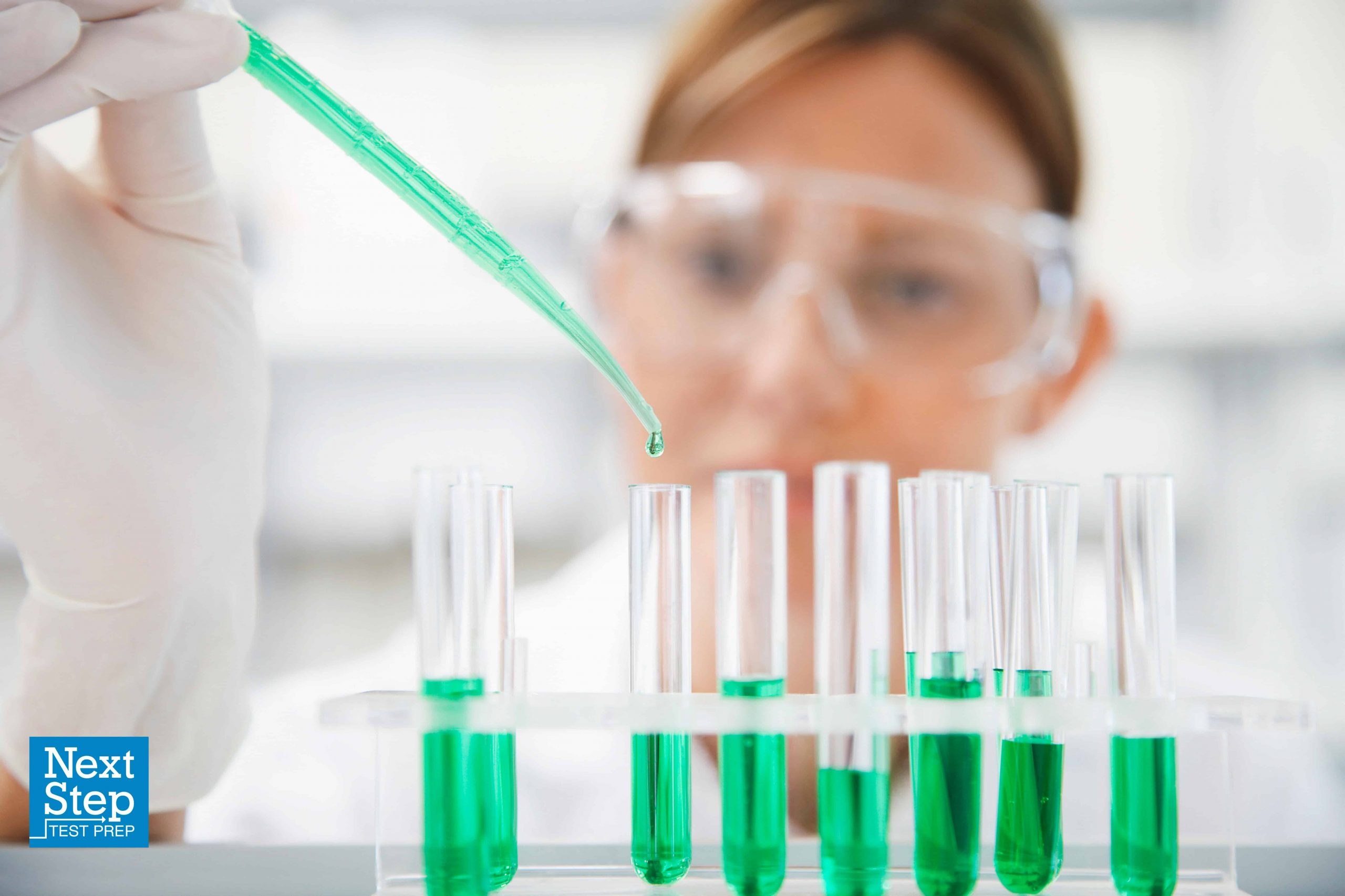Blueprint MCAT Blog: MCAT Organic
Categories

Apr 15, 2024
Everything You Need To Know about Amino Acids for the MCAT
There are few guarantees for what content might pop up on your MCAT, but I know one thing for certain: you will see amino acids on MCAT test day. Amino acids are the fundamental building blocks of proteins and mastering the properties, structures, and functions of amino acids is essential for success on the MCAT READ MORE
Jan 18, 2024
Organic Chemistry Reactions You Need To Know for the MCAT
Did you know organic chemistry is basically just a series of elaborate dances? We'll prove it to you in this article. READ MORE
May 22, 2019
Identifying Methodological Flaws in Studies
One of the things that really surprises students about the MCAT is the heavy focus on how experiments are set up and ran. This can really catch a student off-guard, as most undergrad courses don’t really emphasize this. But from the point of view of the AAMC, it’s obvious that they want to test this. In order to be a good doctor, you need to be able to understand the quickly changing research that is coming from our more... READ MORE
Jan 16, 2018
Organic Chemistry on the MCAT – Focus on the Fundamentals
Organic chemistry is one of the most common subjects that students identify as a source of anxiety when preparing for the MCAT. However, on average, it will only comprise ~5% of the test: 15% of the Chemical and Physical Foundations section, 5% of the Biological and Biochemical Foundations Section, and 0% of the remaining two READ MORE
Mar 20, 2015
MCAT Organic Chemistry Question — Alcohol Reactions
Considering all “-R” groups to be alkyl groups, which alcohol is most reactive in an SN1 reaction with HCl? a) primary alcohol b) secondary alcohol c) tertiary alcohol d) number of substituent groups does not affect alcohol reactivity READ MORE
Feb 26, 2015
MCAT Organic Chemistry – Ketones
Which of the following is true concerning the reduction of a ketone? A) If carried out using NaBH4, it will result in the formation of a tertiary alcohol. B) It cannot be accomplished using LiAlH4 without first hydrolyzing the ketone. C) If carried out using LiAlH4 and workup in acid, it will result in the READ MORE
Feb 23, 2015
MCAT Organic Chemistry Question — Hydrogen Bonds
Which compound can form hydrogen bonds? I. R-NH2 II. R-COOH III. CH4 A) I only B) II only C) III only D) I and II READ MORE
Feb 02, 2015
MCAT Organic Chemistry – Molecules
The two molecules above can best be described as: A) Structural isomers B) Diastereomers C) Enantiomers D) Conformational isomers READ MORESearch the Blog

Free Consultation
Interested in our Online MCAT Course, One-on-One MCAT Tutoring or Med admissions packages? Set up a free consultation with one of our experienced Senior Student Advisors.
Schedule NowPopular Posts
-
MCAT Blog What's on the MCAT?
-
MCAT Blog How to Review MCAT Full Lengths

Free MCAT Practice Account
Need great MCAT practice?Get the most representative MCAT practice possible when you sign up for our free MCAT Account, which includes a half-length diagnostic exam and one of our full-length MCAT practice exams.
Learn More




